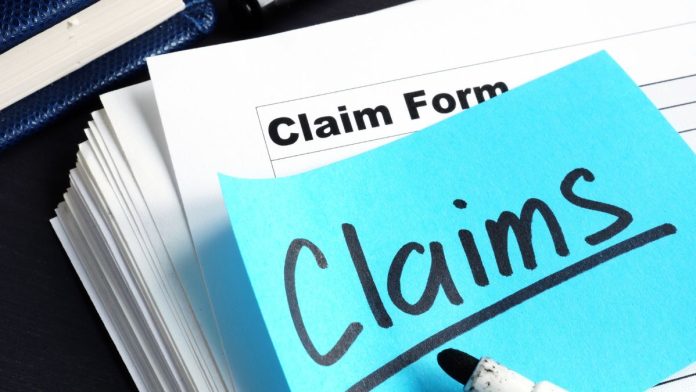Understanding how the UK claims process works is a must for those seeking financial compensation from car accidents, workplace injuries and property damage incidents. In this comprehensive guide we’ll offer an overview of this crucial process, covering key steps, stakeholders and considerations along the way. For help securing compensation from your insurance claim, contact a loss assessor today. Professional loss assessor services like ClaimRite represent you, the policyholder in negotiations with your insurance company.
1. Damages Occur
Claims process typically start when an incident or event causes injury, damage, or loss – such as road traffic accidents, workplace injuries, medical negligence allegations, public liability incidents or property damages caused by natural disasters.
2. Report the Incident
The initial step of any claims process involves reporting an incident to relevant authorities or parties. For example, car accident drivers must notify both their insurance company and local law enforcement of what has occurred; similarly for workplace injuries they should inform both their employer or supervisor who will then notify any appropriate regulatory bodies of what has occurred.
3. Gathering Evidence
After reporting an incident, it’s essential to gather evidence in support of your claim. This might include photographs taken at the scene, witness statements, medical records or police reports pertaining to it as well as any relevant documentation related to it. Both quality and quantity can play an integral part in how successful a claim will be resolved.
4. Assessing Liability
Determining Liability is often one of the central components of claims processing. Liability refers to who is legally responsible for any incident that leads to damages; insurers, legal professionals and other stakeholders will evaluate all available evidence surrounding an incident to establish who exactly was at fault and to what degree.
5. Notify Insurers
Policyholders who file insurance claims must promptly inform their insurer of an incident that warrants coverage, initiating the claims process by assigning a claims handler or adjuster who will then investigate, assess damages and negotiate settlement terms with policyholder or claimant.
6. Claim Investigation
At this stage of their claims investigation process, insurers or claims handlers gather information, review evidence, and assess the damages or injuries sustained. This may require interviewing witnesses, seeking expert opinions (such as medical assessments or vehicle damage assessments) from experts, conducting research to validate claims made, as well as potentially interviewing witnesses themselves to help confirm claims submitted.
7. Settlement Negotiation
Following their investigation is complete, insurers will begin settlement negotiations with claimants to negotiate an appropriate amount of compensation based on medical expenses, lost wages, property damage and pain and suffering as well as any other relevant factors.
8. Resolution
The final step in the claims process is reaching a resolution. This may involve accepting an insurer’s settlement offer or proceeding further with legal proceedings if negotiations fail.
Important Considerations
Time Limits
It is imperative that claimants remain aware of any time limits for filing claims as failure to do so within this time could render your claim time-barred and lead to a dismissal.
Legal Representation
For complex cases or disputes, claimants can seek legal representation from solicitors or barristers specialising in personal injury or insurance law.
Costs
The costs associated with filing and representing claims can vary based on their nature, incurring legal fees or court expenses. Some claims may qualify for conditional fee arrangements (commonly known as no win, no fee”) or legal aid funding.
Conclusion
Navigating the UK claims process can be a complex and daunting challenge, but understanding these key steps and considerations will enable claimants, insurers, legal professionals, and legal practitioners to navigate it more smoothly. By adhering to appropriate procedures, gathering evidence, and seeking support when needed – individuals and businesses alike can pursue their claims successfully and seek the compensation they are due.








